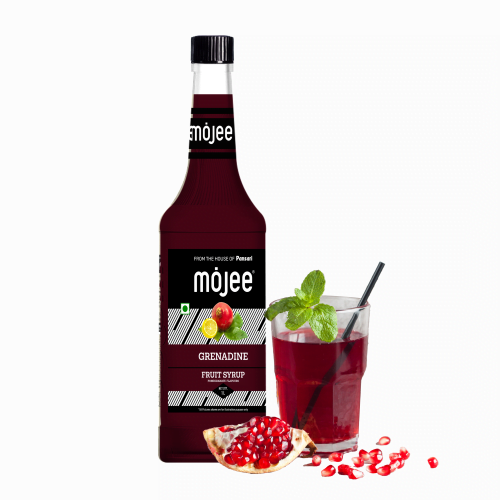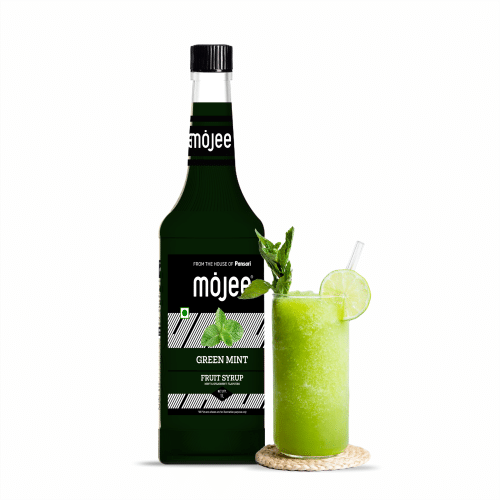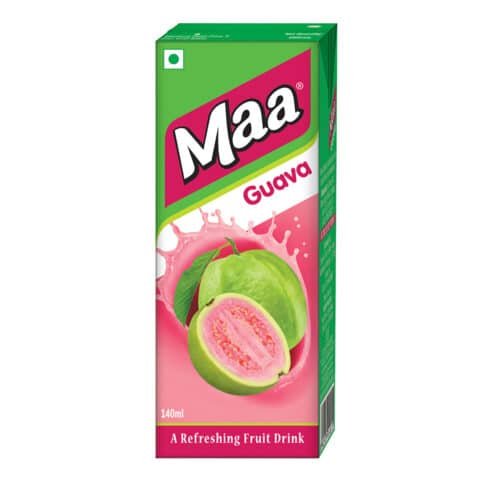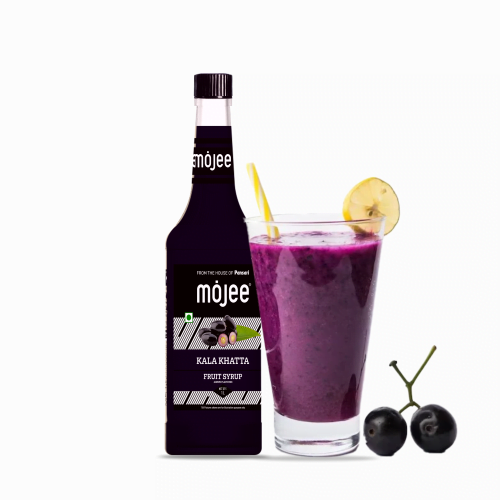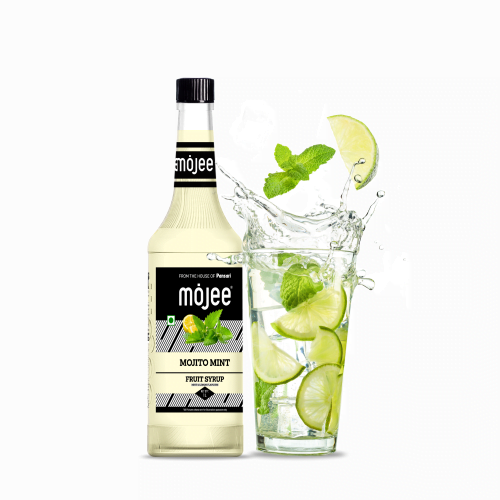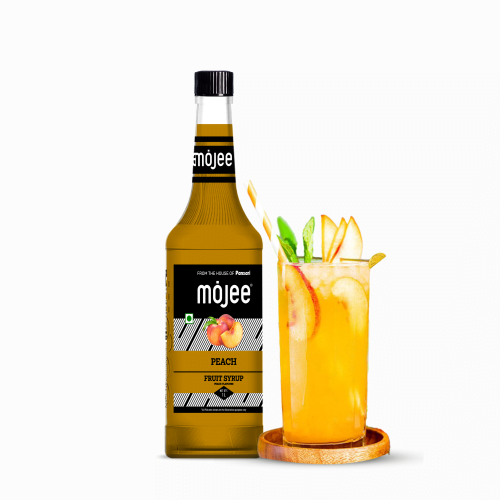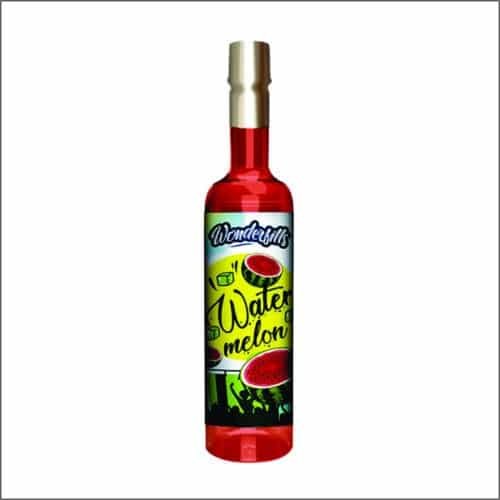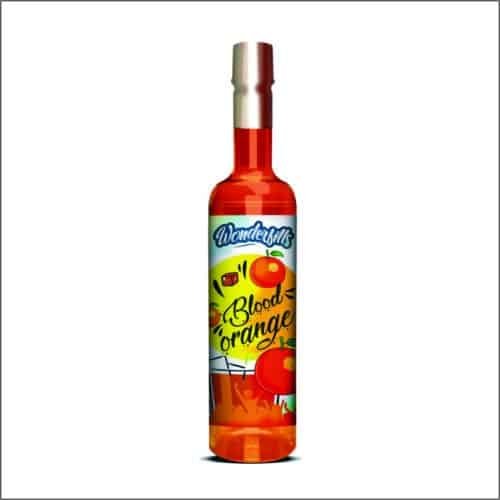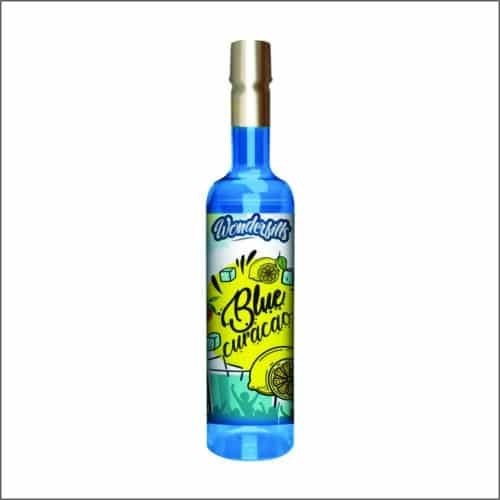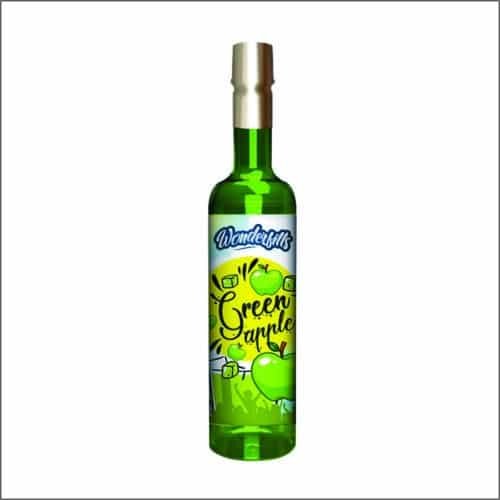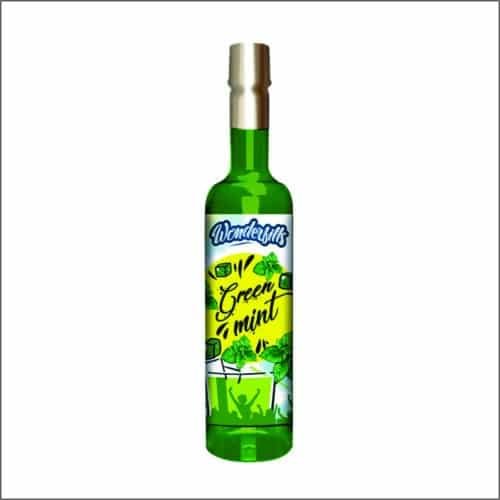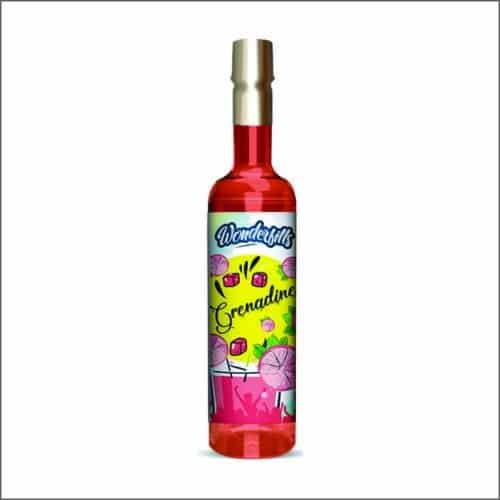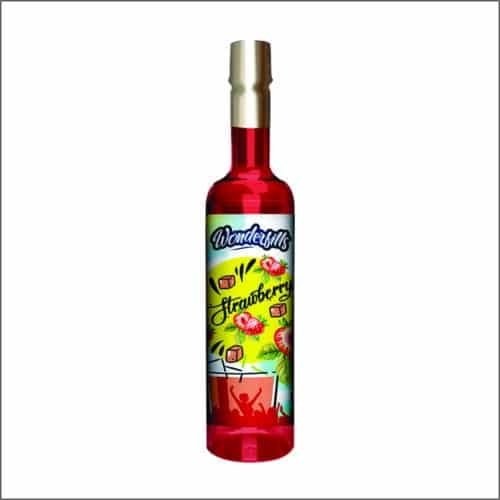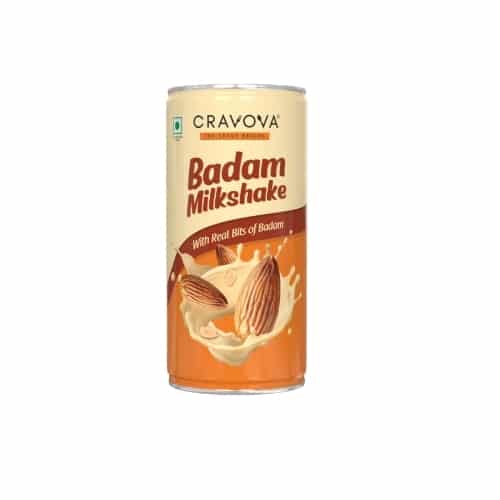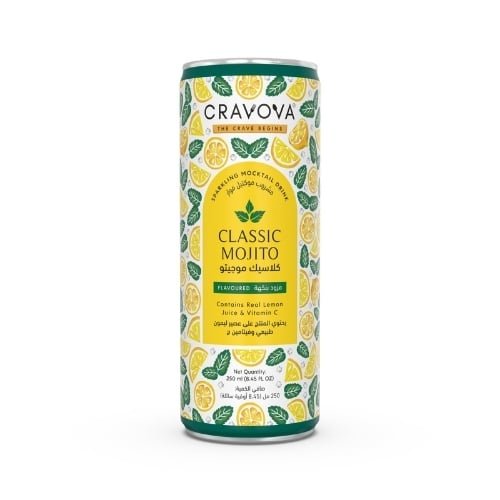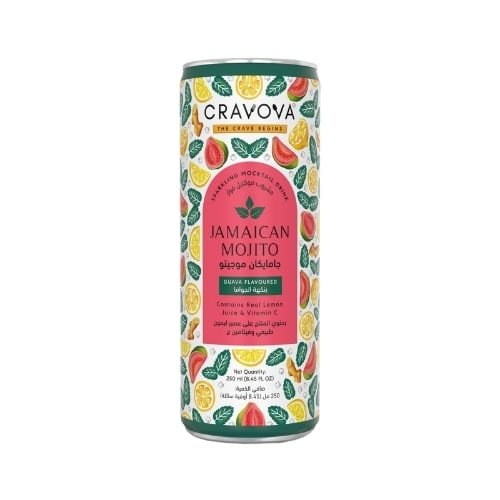Finding the Perfect Private Label Beverage Manufacturer for Your BrandUnderstanding Private Label Beverage ManufacturingPrivate label beverage manufacturing is a process in which a manufacturer produces drinks that are then branded and sold by another company. Unlike traditional manufacturing, where brands develop and produce their own products from scratch, private label manufacturing allows businesses to leverage the expertise and resources of specialized producers. This model offers several advantages, including cost efficiency, faster product development, and the ability to focus on marketing and brand building.Brands opting for private label solutions can select from a variety of non-alcoholic beverages, such as soft drinks, juices, smoothies, and bottled water. Additionally, there is a growing demand for functional beverages, including energy drinks, health and wellness beverages, and sports drinks, driven by consumer preferences for healthier and more energizing options. This diversity enables brands to fill market gaps, cater to niche audiences, and stay competitive without significant investment in R&D and production facilities.One of the key benefits of private label beverage manufacturing is the flexibility it offers. Companies can experiment with new flavors, adapt quickly to market trends, and modify recipes to meet specific consumer demands. This agility can be critical in the fast-paced beverage industry, where consumer tastes can change rapidly. Furthermore, private label manufacturers often have established supply chains and quality control measures in place, ensuring consistency and compliance with regulatory standards.Understanding industry terms such as "co-packing," "white labeling," and "contract manufacturing" is crucial for navigating the private label manufacturing landscape. Co-packing refers to the outsourcing of the entire production process to a specialized company. White labeling allows brands to place their logo and design on generic products produced by another company. Contract manufacturing involves a formal agreement between the brand and the manufacturer to produce custom products based on specific requirements.By comprehending these concepts and the scope of private label beverage manufacturing, brands can make informed decisions that align with their objectives and resources, ensuring successful product launches and sustained market presence.Key Considerations When Choosing a Private Label Beverage ManufacturerSelecting the right private label beverage manufacturer is pivotal for the success of your brand. One of the foremost aspects to consider is product quality. Ensuring that your manufacturer can deliver beverages that meet your brand's standards is non-negotiable. It's crucial to request samples and rigorously test them to confirm that they align with your vision.Manufacturing capacity is another critical factor. Your chosen manufacturer must have the capability to produce the volume your business demands, whether for initial market entry or future scaling. This ties directly to production costs. Transparent cost structures, including ingredient sourcing, labor, and overheads, are essential for budgeting and pricing your products competitively.Customization options are paramount, especially in a market where differentiation is key. A manufacturer should offer flexibility in flavors, ingredients, packaging designs, and labeling to cater to your unique brand identity. Moreover, turnaround times must be efficient to ensure timely market launches and replenish stock as necessary to meet consumer demand.Verification of certifications and compliance with industry standards and regulations cannot be overlooked. Ensure that the manufacturer adheres to health and safety standards, such as HACCP or ISO certifications, and complies with regulatory requirements from bodies like the FDA or equivalent authorities in your target markets.Another significant consideration is the manufacturer's experience and reputation in the industry. A proven track record with positive testimonials and references indicates reliability and expertise. Equally important is the transparency in communication. Your manufacturer should be forthcoming about production timelines, potential issues, and status updates, fostering a collaborative relationship.Finally, excellent customer service should be a priority. The manufacturer's responsiveness and willingness to resolve issues can significantly impact your brand's operational efficiency and customer satisfaction. By carefully evaluating these considerations, you can select a private label beverage manufacturer that aligns with your business goals and supports your brand's growth and success.Top Questions to Ask Potential Beverage ManufacturersFinding the right private label beverage manufacturer requires a thorough vetting process. Critical to this process is asking a variety of informed questions that reveal the manufacturer’s capabilities and compatibility with your brand. Here are some essential questions to consider:
- What is your experience with similar products?Understanding the manufacturer's track record with beverages similar to yours will provide valuable insights. Ask about the types of beverages they have produced, the scale of these projects, and the specific challenges they've overcome.
- What are your production capabilities?It is crucial to inquire about the manufacturing capacity and the technology they employ. This includes their ability to scale production, accommodate different bottle sizes and packaging formats, and implement custom formulations.
- What are your minimum order quantities?Knowing the minimum order quantity (MOQ) can help you determine if the manufacturer is a good fit for your current and future production needs. This information is essential, especially for startups or smaller brands looking to manage inventory effectively.
- What quality control protocols do you have in place?Quality control is paramount in beverage manufacturing. Ask about their testing procedures, certifications, and compliance with industry standards to ensure that your product meets all safety and quality requirements.
- What logistics and distribution support do you offer?Effective logistics and distribution are critical for getting products to market. Inquire about their distribution channels, warehousing capabilities, and any partnerships they have that could benefit your supply chain efficiency.
- Can you elaborate on your pricing structures and payment terms?Transparent pricing structures and flexible payment terms can significantly impact your budgeting and financial planning. Discuss the pricing models, any additional costs, and their payment schedules to avoid unexpected financial surprises.
- How scalable is your operation?Finally, evaluating the potential for scalability is crucial for long-term planning. Ask about their plans for expansion, how they handle increased demand, and the flexibility they offer in scaling up production to align with your brand's growth.

